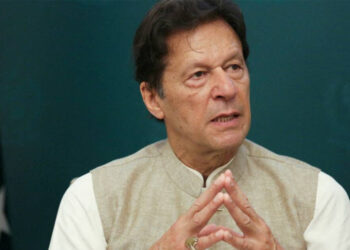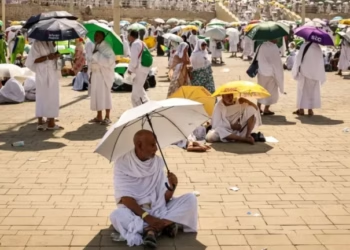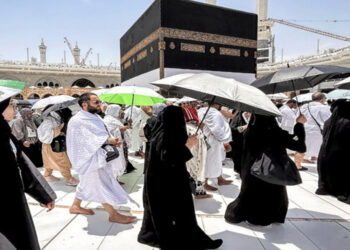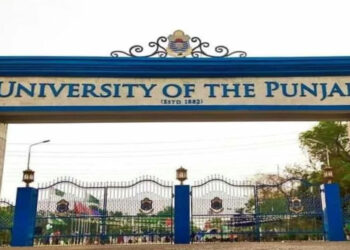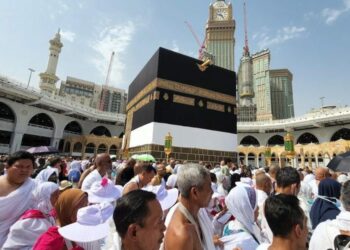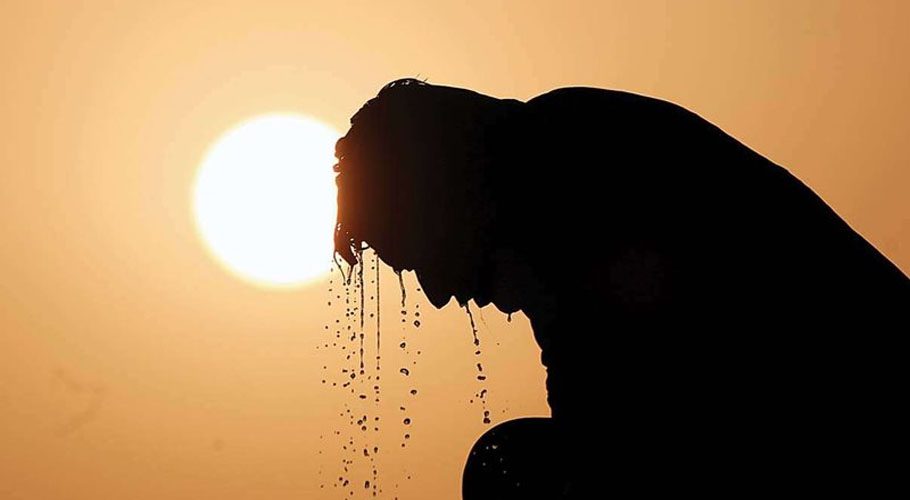ISLAMABAD: The Supreme Court has rejected petitioners seeking an injunction against the trials of civilians in military courts.
In the Supreme Court headed by Chief Justice Umar Ata Bandial, a 6-member larger bench consisting of Justice Ijaz-ul-Ahsan, Justice Muneeb Akhtar, Justice Yahya Afridi, Justice Mazahir Ali Akbar Naqvi, and Justice Ayesha Malik heard the petitions against the trials of civilians in military courts.
During the hearing, Attorney General Mansoor Usman gave arguments and said that on the last hearing, bring forward the details of the planned attacks on May 9. Photographic evidence proves that the faces of all the people involved in the attack were clear. After this incident, only 102 people were arrested in a very careful manner.
Meanwhile, Justice Mazahir Naqvi inquired under which procedure people have been taken into military custody. On this, the Attorney General said that the section of the Army Act is clear about civil crimes, if a civil crime is committed by a civilian, the trial cannot be under the Army Act.
The Chief Justice said that read Section 2 of the Army Act, which deals with the trial of civilians. On this, the Attorney General said that according to Section 2 of the Army Act, if a civilian interferes with the defense work, he comes under the purview of this law.
Justice Umar Atta Bandial inquired how the discipline of the forces has deteriorated. “Disrupting military officer’s work and disrupting discipline is written in the law or derived from?” he asked.
The Attorney General said that it is listed in the Army Act, on this Justice Yahya Afridi asked if you are saying that the Army Act is outside the scope of basic human rights. The Attorney General said that the Army Act does not apply to basic human rights.
Justice Yahya Afridi asked whether soldiers or civilians, who come on trial under the Army Act be excluded from basic human rights.
Justice Muneeb Akhtar asked whether injuring an army officer would be tantamount to preventing him from fulfilling his duty. All crimes without basic human rights are punishable by court martial. On one hand, it is stated that the state cannot make any law beyond human rights. “You are saying that human rights are not applicable in this particular law. I am unable to understand the logic of your argument,” Justice Muneeb Akhtar stated.
During the hearing, the Chief Justice of Pakistan remarked that the independence of the judiciary is the basis of justice, the prosecution will decide the case under the Military Act, will also hear the appeal, the right to appeal against the decision of the military court in an independent forum is a guarantee of fundamental rights.
Due to heavy rain in Islamabad, the judges faced difficulty in hearing the case in the courtroom, on which Justice Yahya Afridi directed the Attorney General to present the arguments in a loud voice.
The Attorney General said in his arguments that the accused are given the right to have a lawyer during the military trial, the accused can also appoint an officer of the legal branch of the army or a private lawyer.
On this, the Chief Justice remarked that the accused are given very little time to defend themselves in military courts, on this The Attorney General said that in military trials, the accused are given full time to defend themselves, under the Army Act, the decision is made by majority vote, in case of death penalty, the decision must be taken by two-thirds, the death penalty is not related to the present case.
The Chief Justice said that whatever will happen in this case is possible only through legislation, according to you the trial has not started yet the investigation is going on, and the court will be informed before the military trial starts, noting that no trial will be started, the evidence will be recorded and the trial will be in open court.
Justice Mazahar asked whether the accused have been kept in cells or in rooms. The Attorney General said that the accused have been kept in jail but not like the terrorists, the arrested persons have been given all necessary facilities.
The Chief Justice said that the arrested persons should not suffer from mental or physical problems.
The court rejected the injunction request of the petitioners and said how to injunction when the trial has not started. Supreme Court judges left the courtroom.








